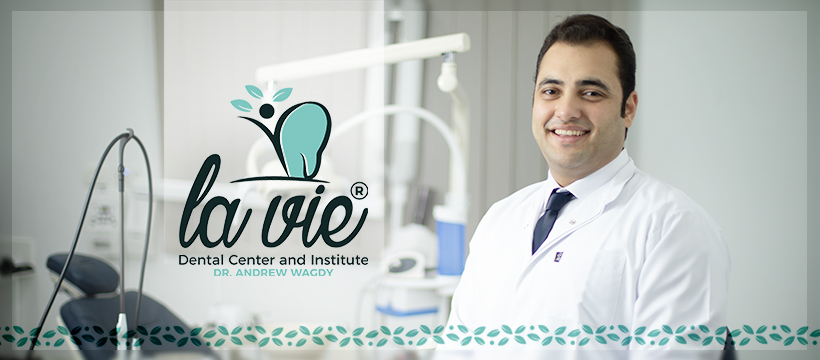
What Is Tooth Decay?
Tooth decay is damage to the tooth structure caused by acids produced by bacteria in the mouth.
When you consume sugary foods, bacteria feed on those sugars and produce acids that erode the enamel.
If you don’t clean your teeth properly, this process continues and worsens over time.
What Causes Tooth Decay?
Sugary foods and drinks – like sweets, soda, and processed snacks
Poor oral hygiene – not brushing and flossing regularly allows bacteria to build up
Dry mouth – saliva helps clean the mouth; less saliva means more decay
Smoking – increases bacterial buildup and weakens the mouth's defense mechanisms
How Do You Know If You Have Tooth Decay?
Toothache – especially when eating something sweet, hot, or cold
Visible white or dark spots on the teeth
Holes or pits in the teeth
Bad breath
Swollen or bleeding gums, especially while brushing
How Is Tooth Decay Treated?
Fillings – for minor decay, the dentist removes the damaged area and fills it
Root canal treatment – if the decay reaches the nerve
Dental crowns – if the tooth is severely damaged
Prevention – brushing daily with fluoride toothpaste, avoiding sugary snacks, and visiting the dentist regularly
When Should You See a Dentist?
If you feel pain in your teeth or notice visible changes like spots or holes, don’t wait.
Early treatment can save you from more serious procedures later.
What to Expect at the Dentist:
The dentist will examine your teeth thoroughly and determine the extent of the decay.
If it’s advanced, they may suggest fillings, a root canal, or a crown depending on the severity.
Before Your Visit:
Let the dentist know if you’re experiencing any pain or sensitivity
Try to avoid sugary foods before your appointment to help reduce bacterial activity


